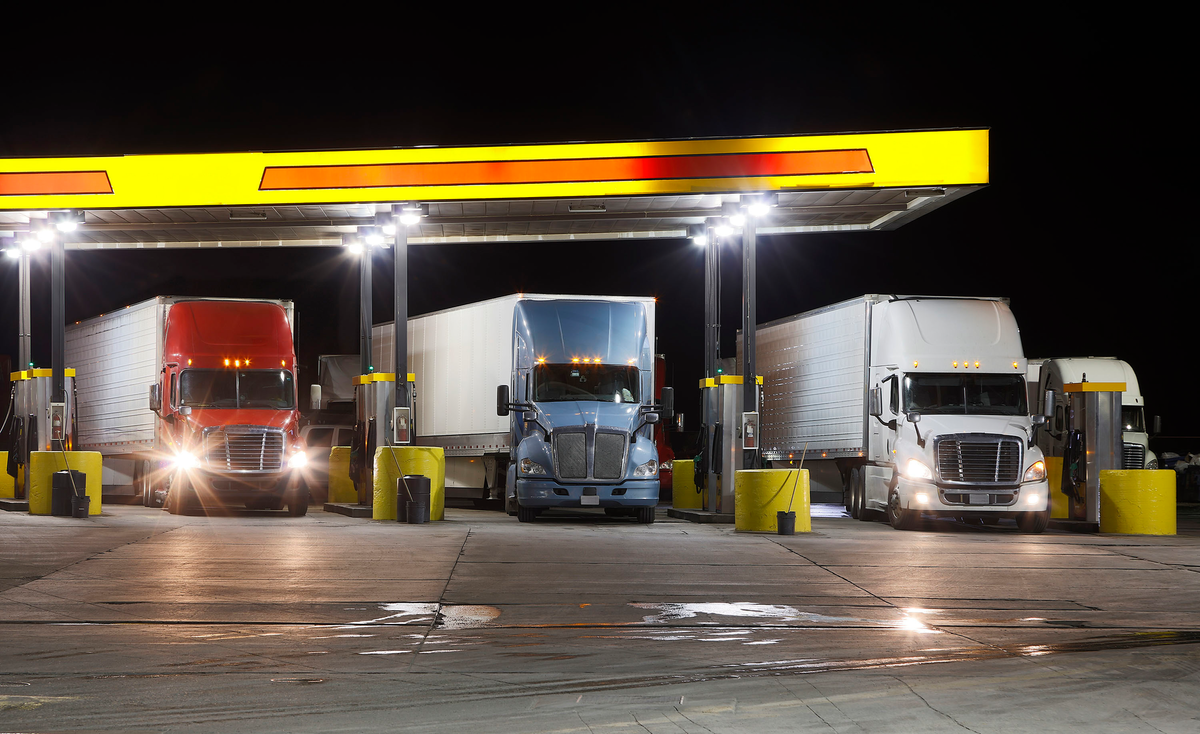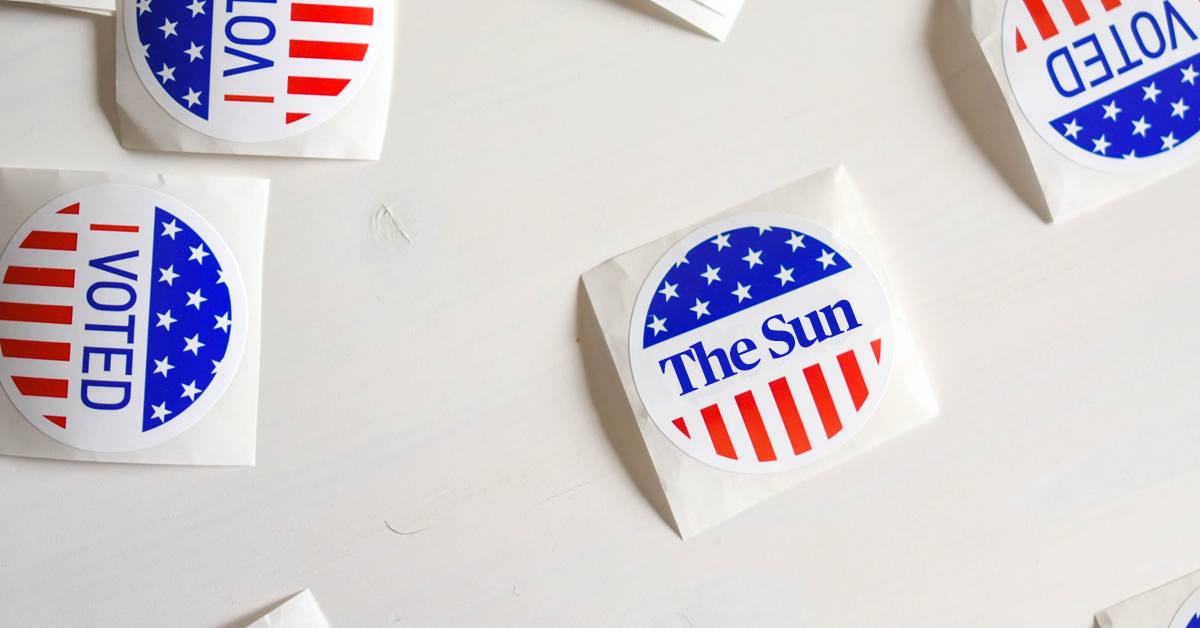The race to represent California’s 22nd Congressional District might just be the most competitive, and expensive, in the nation.
On one side sits Rep. David Valadao, the Hanford Republican who – with the exception of 2018 – has found a way to win against the odds in a district that heavily favors Democrats.
The new 22nd District is no different from his expiring 21st District when it comes to Democratic voters.
Democrats own a 17.5 point advantage in voter registration in the district that covers Kings County, part of Tulare County and moves south into Bakersfield.
That’s the edge that Asm. Rudy Salas (D–Bakersfield) will lean on in his attempt to oust Valadao.
But Valadao has managed to avoid the visage of a hardline conservative Republican that is seen across the nation.
While he’s not a complete moderate, statistical analysis site FiveThirtyEight tracked Valadao as voting with President Joe Biden’s position 27.1 percent of the time, more than the vast majority of House Republicans.
Valadao also took a calculated gamble shortly after he returned to office at the end of 2020 in an effort to attract Democrats in his district: He was one of 10 Republicans who voted to impeach President Donald Trump.
Republicans who were angry at Valadao for his 2020 vote had their chance to take him out in the June primary and nearly did with former Fresno City Council member Chris Mathys, a self-described “Trump Conservative” who was also the beneficiary of favorable advertising from House Speaker Nancy Pelosi’s (D–San Francisco) Super PAC.
Valadao beat out Mathys by 2.5 points, but Salas won the primary by a nearly 20-point margin.
Salas has touted himself as a business-friendly Democrat in the California State Assembly, where he has served since he was first elected in 2012, succeeding Valadao.
CalMatters has tracked Salas as one of the most moderate Democrats in the state legislature.
Representing Kern County, Salas has avoided waging war against oil and natural gas while in the legislature like many of his Democratic colleagues have.
A major element in the race that could hurt Salas are his deep ties to former Rep. TJ Cox (D–Fresno), who was recently indicted on 28 felony counts ranging from wire fraud to money laundering.
After initially receiving Cox’s support when he jumped in the race, Salas was on the record saying it was an honor to have his support. Following the indictments Salas reversed course and said Cox disgraced himself.
Another element is the expensive advertising and the various claims that are being thrown around by each party.
At the end of September, Salas called on California Attorney General Rob Bonta to his defense to over an advertisement from Valadao and the National Republican Congressional Committee which accused him of raising taxes prescription drugs for the most vulnerable.
Bonta and Salas called the advertisement a lie and spoke to the effort of Assembly Bill 2486 to help curb the opioid crisis.
Salas meanwhile has gone after Valadao for his stance on abortion, which accused him of opposing abortion in the case of rape. Valadao’s camp responded, clarifying that he has always been pro-life and belives in exceptions in the case of rape, incest and the life of the mother.
Overall, all of the advertisement spending through election day for television, radio and digital has totaled more than $20 million.
On Salas’ side, the House Majority PAC has shelled out $3.5 million while the Democratic Congressional Campaign Committee has committed $2.89 million.
Salas’ campaign itself has spent $1.48 million.
For Valadao, the NRCC has spent over $6 million, the Congressional Leadership Fund has spent $3.84 million and his campaign has committed $1.6 million.










